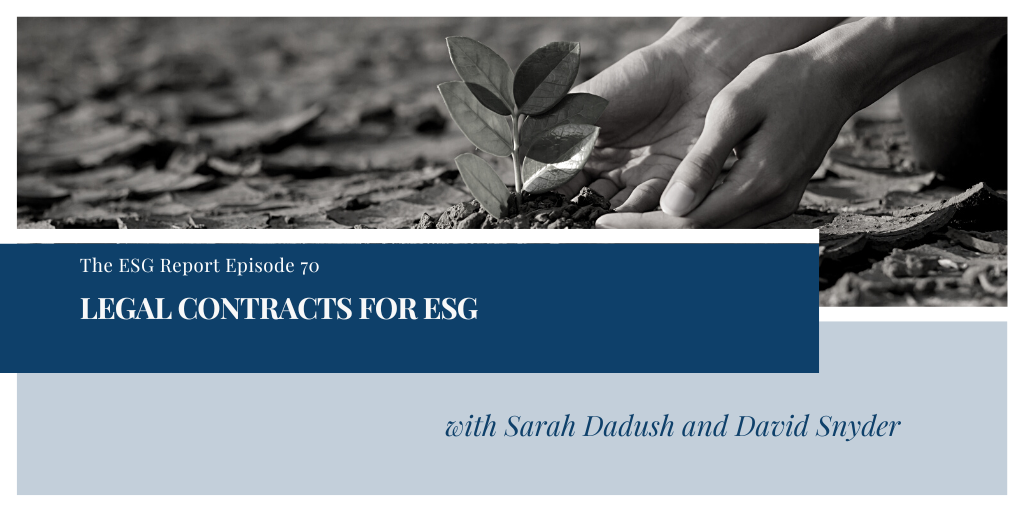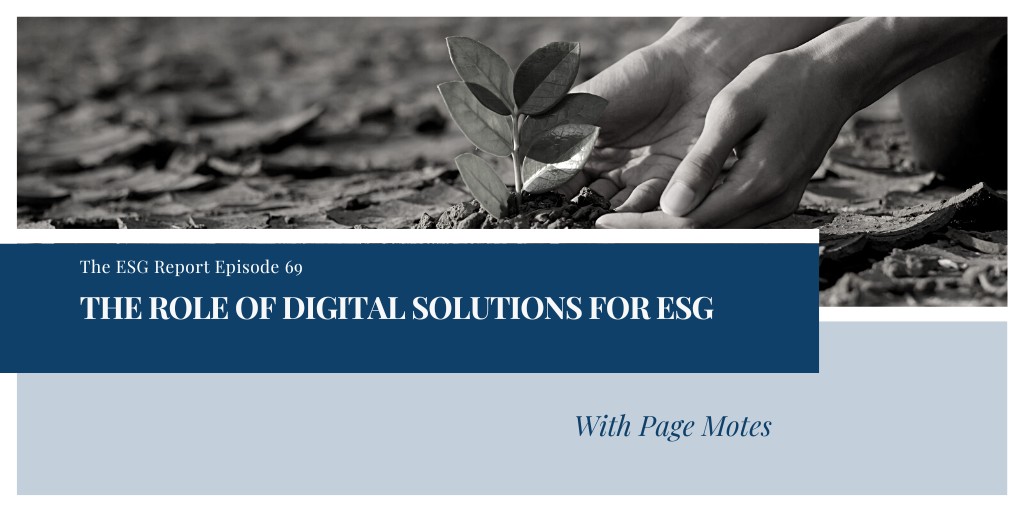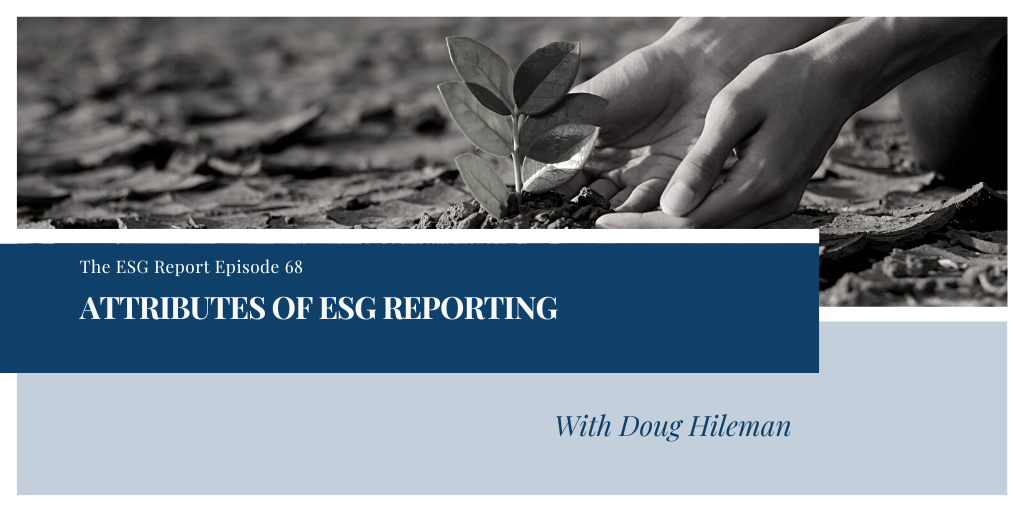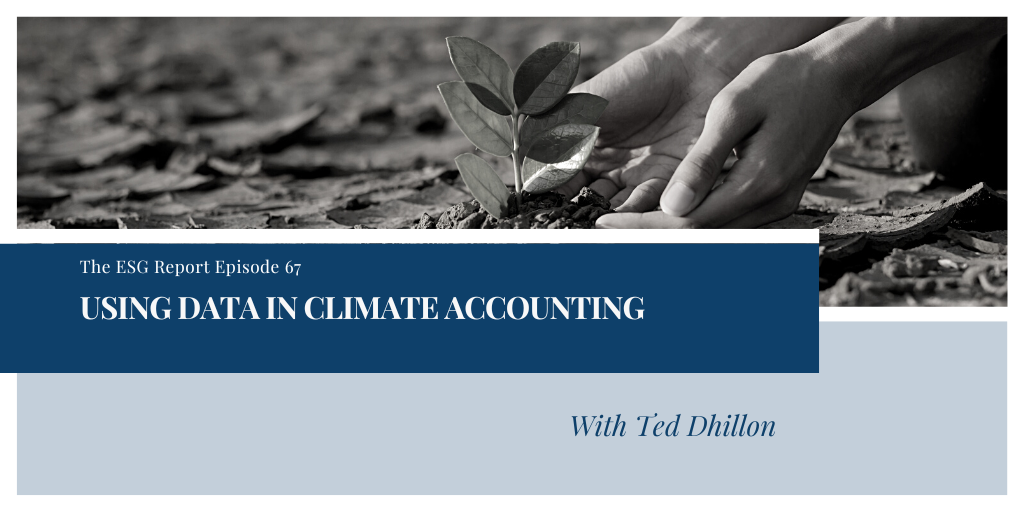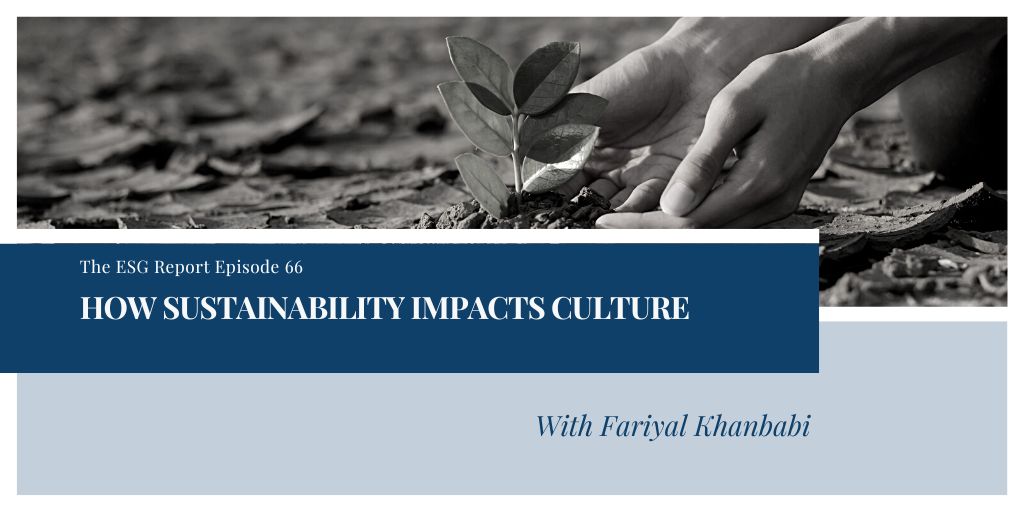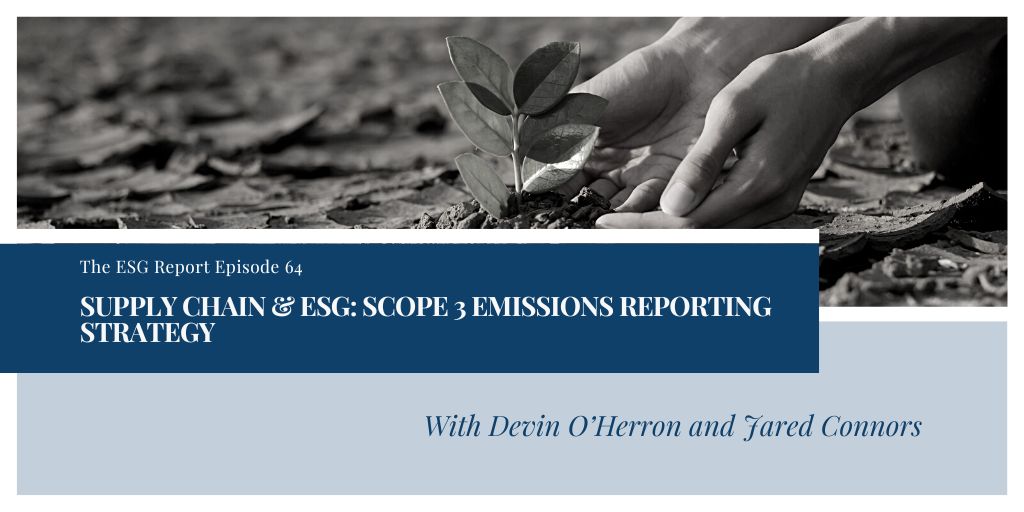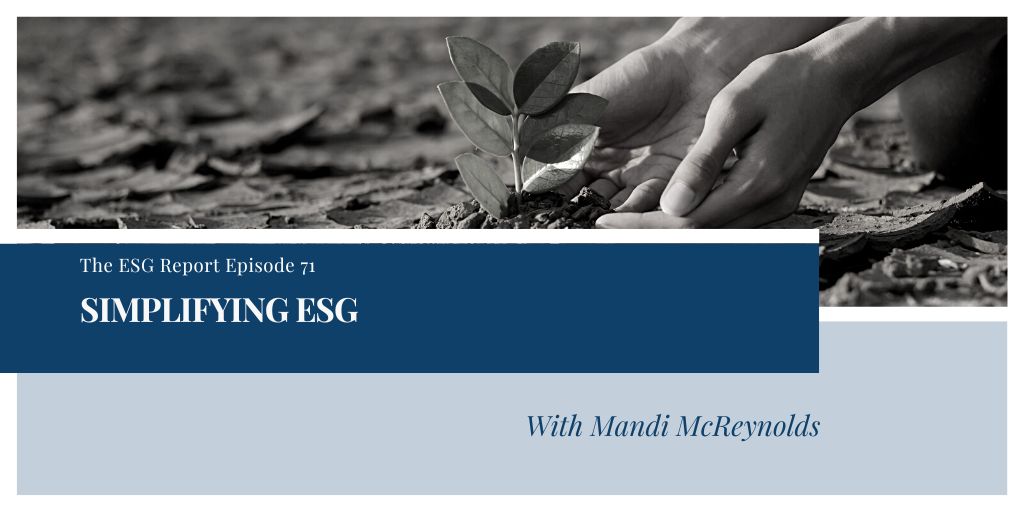
Tom Fox welcomes Mandi McReynolds to this episode of the ESG Report. Mandi is the Head of Global Environment, Social and Governance at Workiva, a company whose ESG program allows them to communicate with internal and external stakeholders. In this conversation, she and Tom talk about Workiva’s role in ESG compliance.
The Backbone of ESG
Internal controls are the backbone of ESG, so including them in your framework will make your ESG program run more efficiently. This takes the collaborative effort of your compliance, finance and sustainability teams. In order to meet the needs of investors and stakeholders, these teams must collaborate and agree on the systems and processes they should use.
The Business Process
Risks can be managed more effectively with an ESG program that is well-implemented. It is important to understand this when thinking about the business process of ESG. “[However], you can’t be so ESG-woke that you take your company broke,” Mandi cautions Tom. You need to strike a balance between making sure that your company is operating and behaving ethically, and also delivering on its promises to its stakeholders. Investors need to see how you’re keeping your promises and commitments through transparent reporting, so you can demonstrate your commitment. These are all part and parcel of the business process of ESG.
Looking Ahead
Tom asks Mandi what technological components of ESG will be more prevalent in the future. “We’re going to see more advancements in scenario planning,” she says. Companies are going to be thinking about tools and simulations they can use with data to shape their future direction. In the coming years, these tools will only continue to advance, and they’re going to be crucial in making sure companies live up to the standards they have established for themselves. “In order for companies to deliver on their commitments, they have to start telling consumers and stakeholders about where they are, where they’ve been, and where they’re going. In order to do that, I think we’re going to see incredible advances in technology in a very short amount of time,” Mandi remarks.
Resources
Mandi McReynolds | LinkedIn



